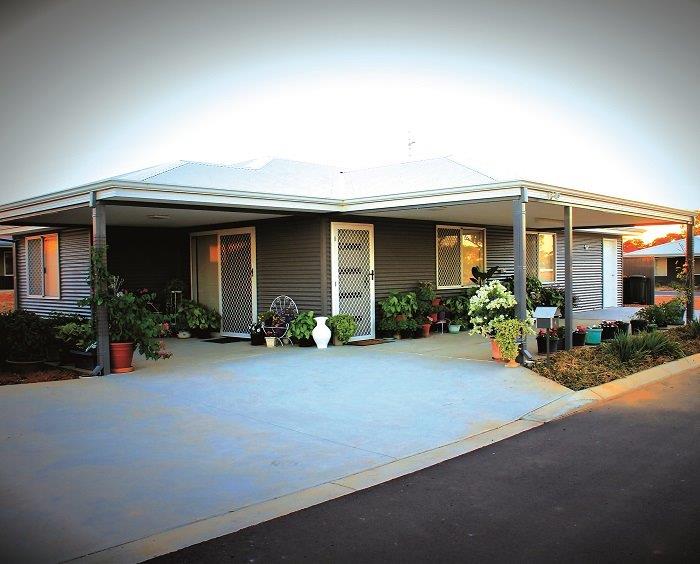Aged care and retirement may be the new growth industry for rural communities in the future. People who have spent most of their life in rural and regional areas tend to want to retire and remain where they are, close to family, friends and familiar surroundings.
The opening of a new multi-million dollar Primary Health Care Centre in the Wheatbelt town of Cunderdin, along with eight new Age Appropriate Houses, will be a major boost to services that can be provided to the local people and those from adjoining communities.
As a pilot project set-up by the previous State Government and funded by Royalties for Regions, Cunderdin put their hand up to trial a new way of health service delivery in the country. As well as a state-of-the-art Primary Health Care Centre, eight new Age Appropriate Cottages have been designed and built in the new Health Precinct for people who wish to retire with needs that best place them in a secure environment, with close neighbours and in near proximity to health services.
The cottages have been designed to the Platinum Level for Living Design Standards. This means step free pathways to all living areas in the home, as well as wide doorways, wide passages, and generous sized bathrooms for easy manoeuvring of walking frames and wheelchairs. And of course, all rooms have reverse cycle airconditioning.
The cottages are wrapped around the Primary Health Care Centre (PHCC), so it is only a short walk to the doctor, physiotherapist, podiatrist and other ambulant services. The PHCC has an Emergency Department staffed 24/7 and a commercial kitchen for delivering Meals on Wheels.
The eight new cottages just about doubles the independent living units in the town to eighteen.
While it is a great benefit to have these facilities for the elderly, it also creates challenges and opportunities for the local church and community members to provide friendship and pastoral care to the residents. Several members of Cunderdin Uniting Church have taken up residence themselves in the new village and see this as an opportunity to provide meaningful friendship and emotional support to others in the autumn years of their life.
Many of the residents live by themselves, some with no family members, and others with limited mobility to get out and about. While the health facilities and Government Care Packages cater for their health needs, there is a growing need to provide friendship and help with some of the basic things around the home – like putting the batteries the right way around in the remote control; helping set-up message bank on the telephone; or a ride for a medical appointment or shopping.
Probably the need that stands out the most is in the area of pastoral care; just building a relationship with the residents and being a good listener. Quite often when doing some gardening or fixing the reticulation, the resident will come out, begin a conversation, and soon you are sitting inside with a cuppa, hearing about the person’s concerns in life, and allowing them to just get all those things off their chest.
More often than not, there is no-one else to talk these things over with, and this is an important and tangible way that we can exercise our Pastoral Care Ministry.
Alan Carter
Top image: Eight Age Appropriate Cottages have been built in a new Health Precinct, as part of a pilot project in Cunderdin.
